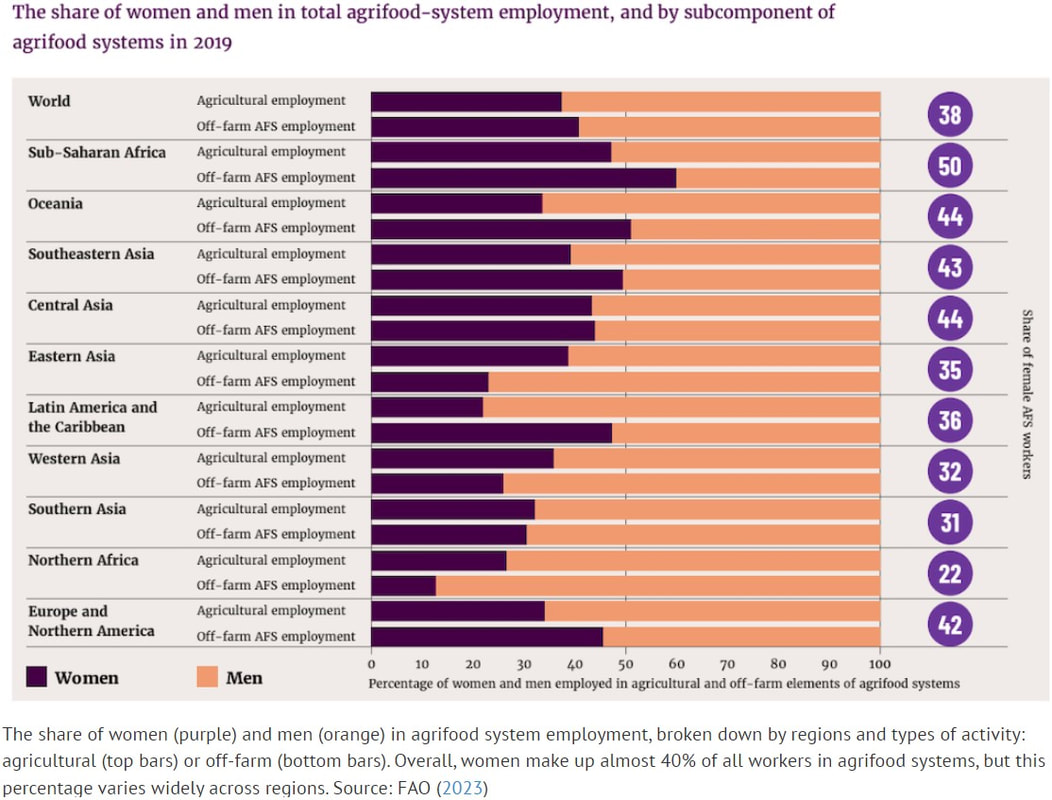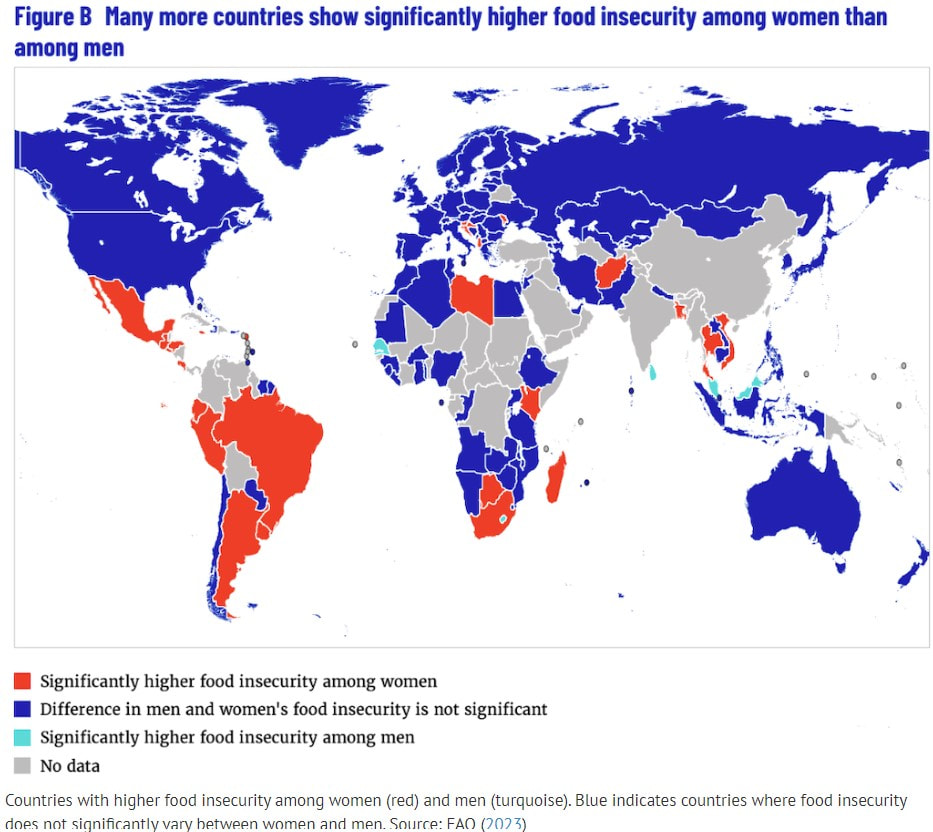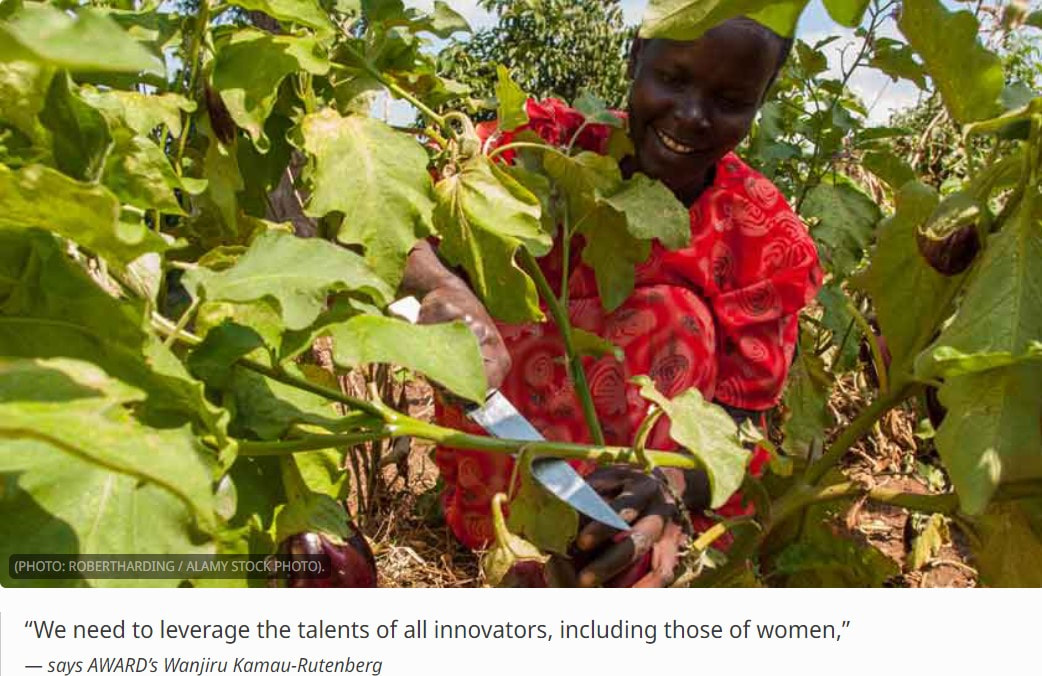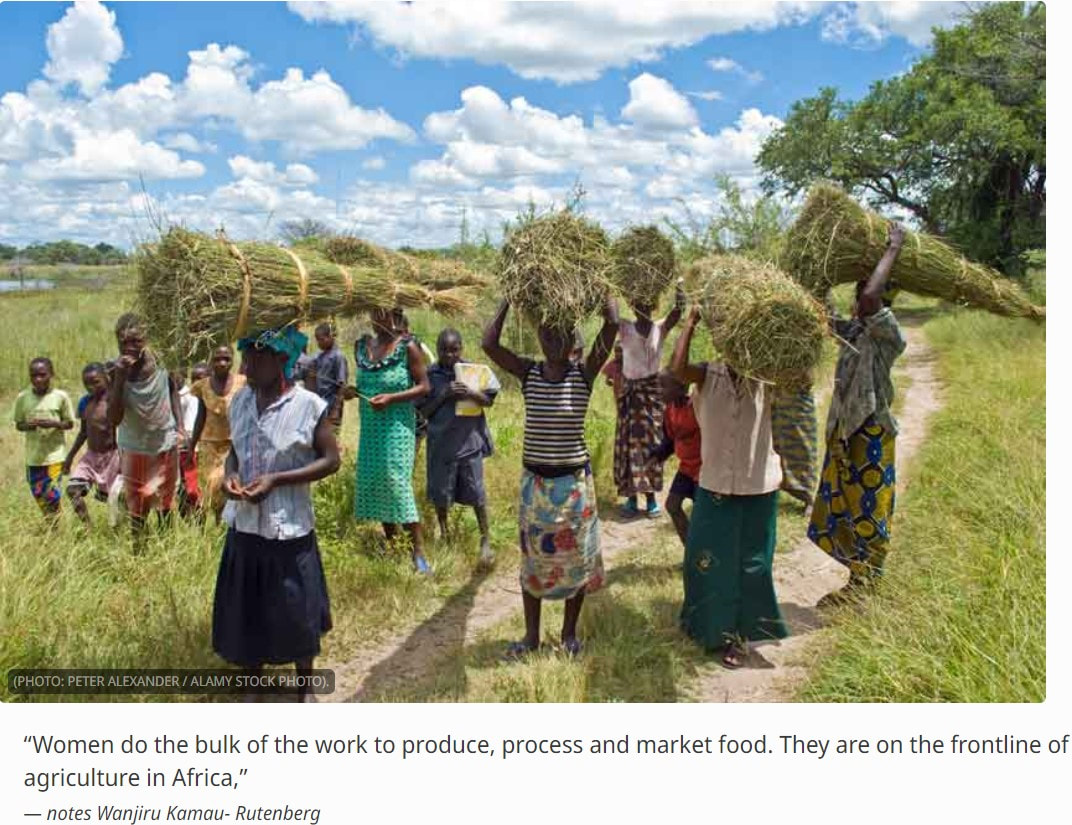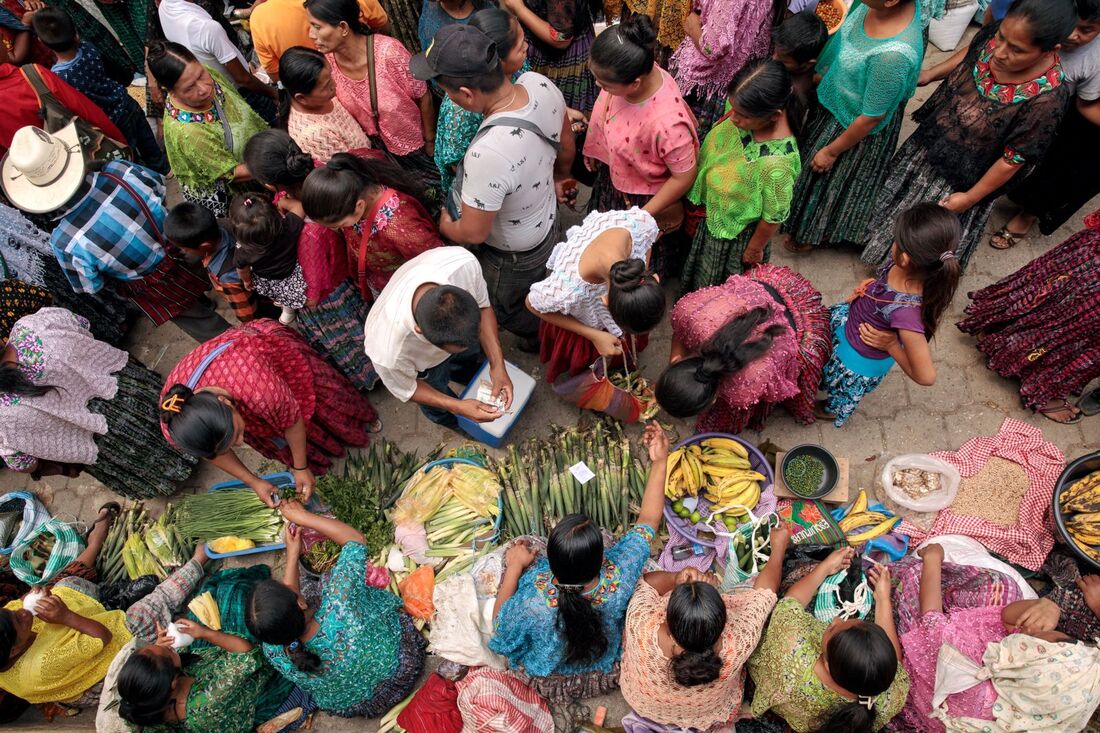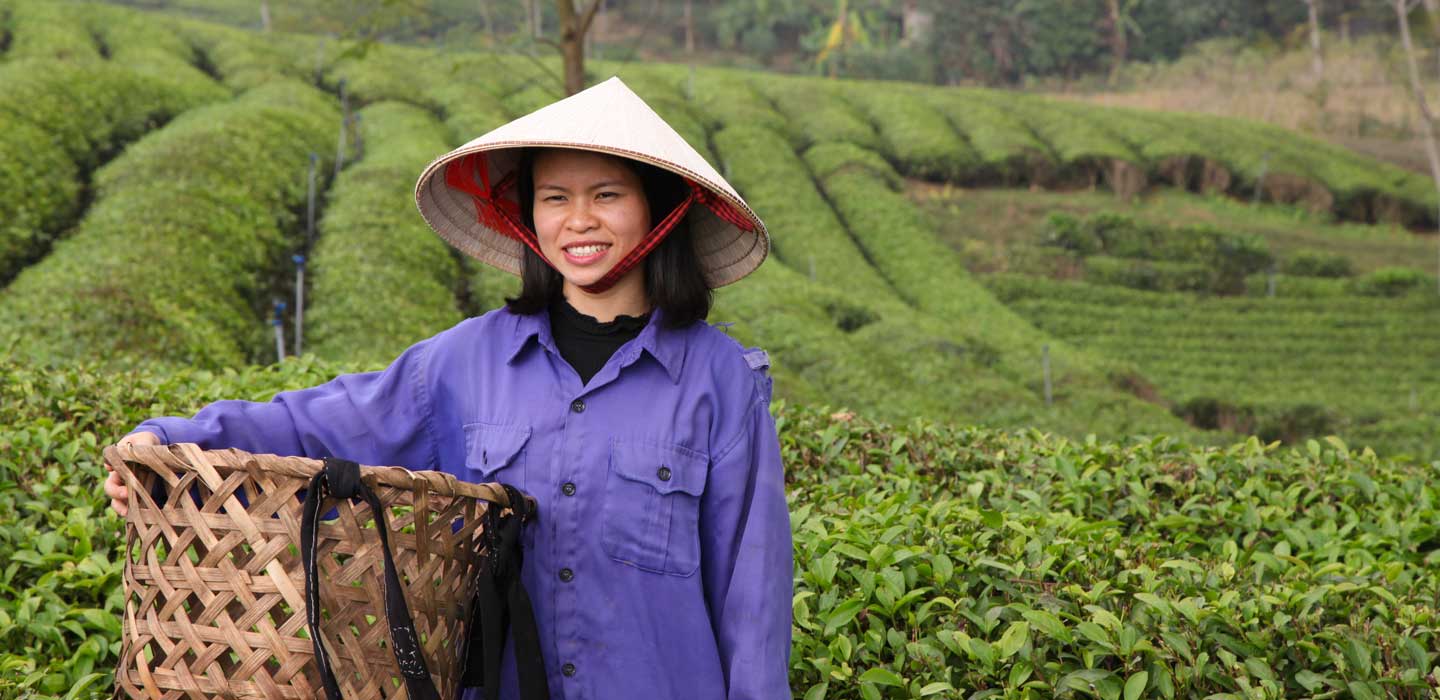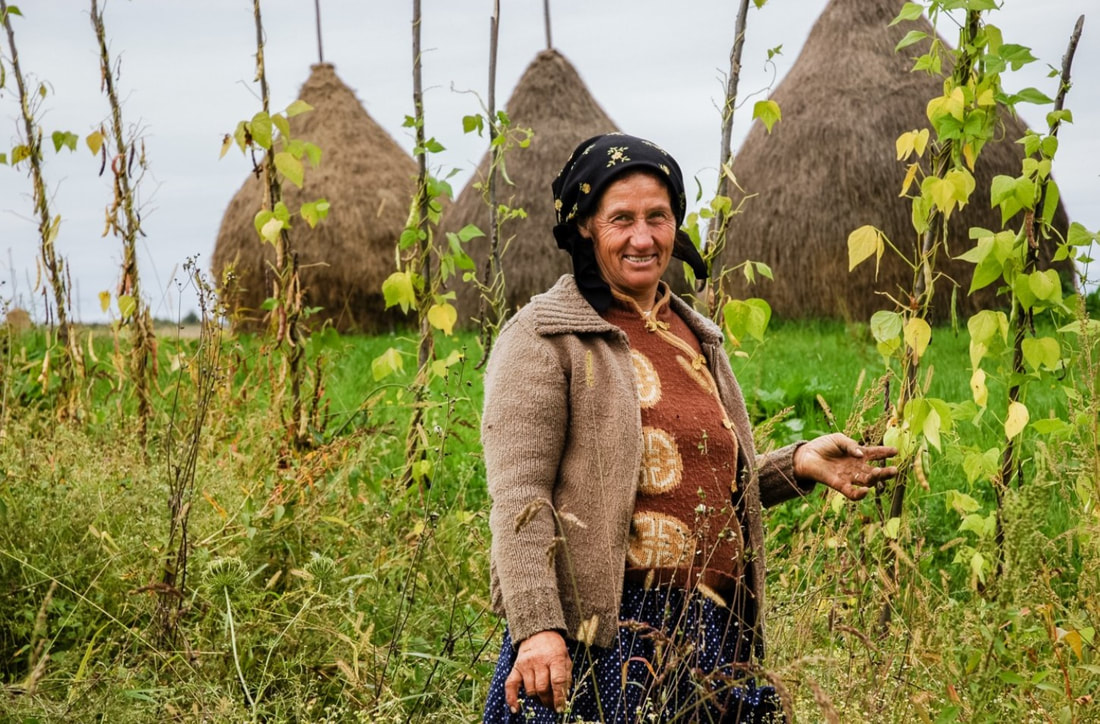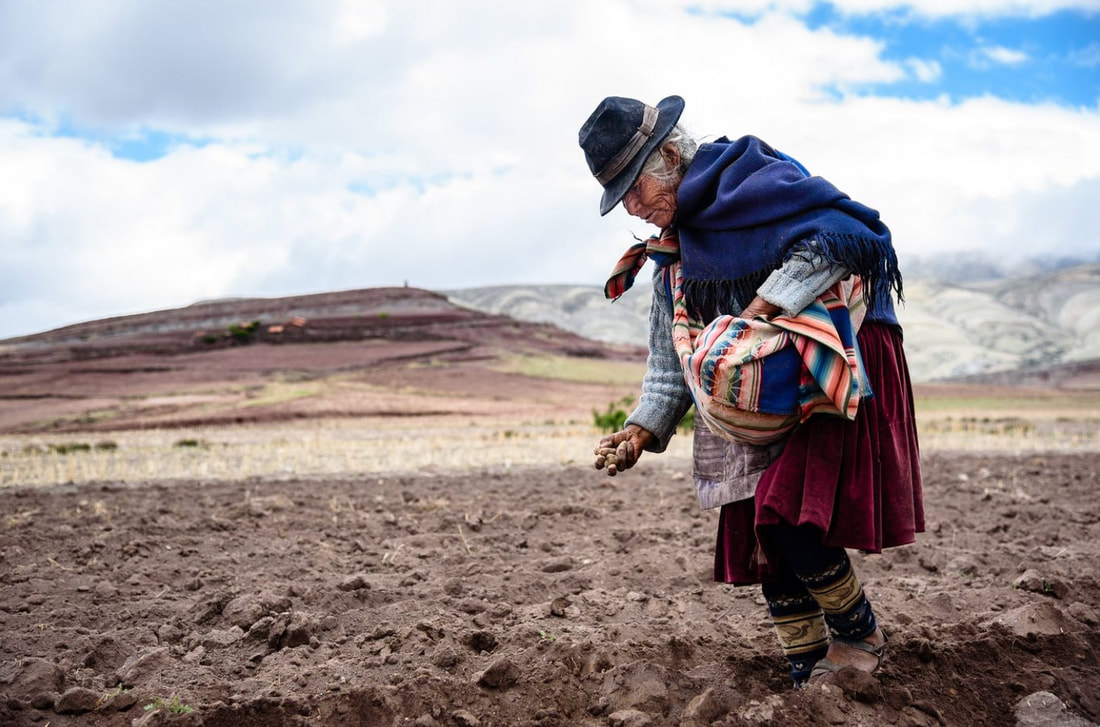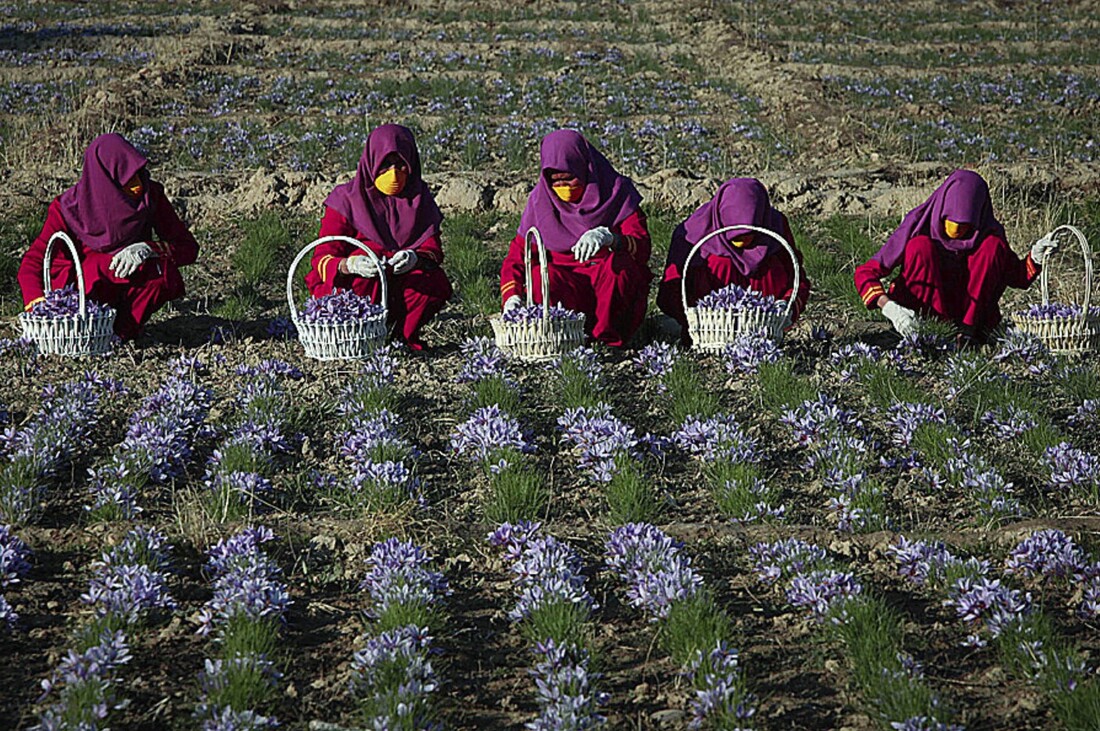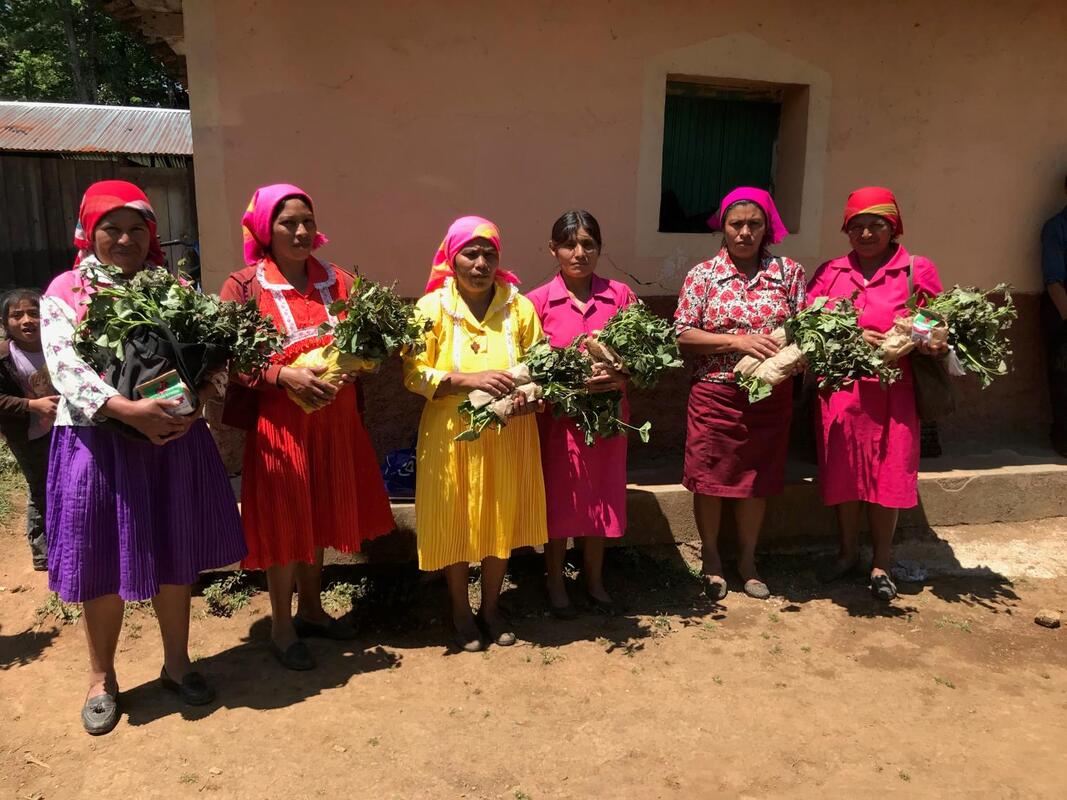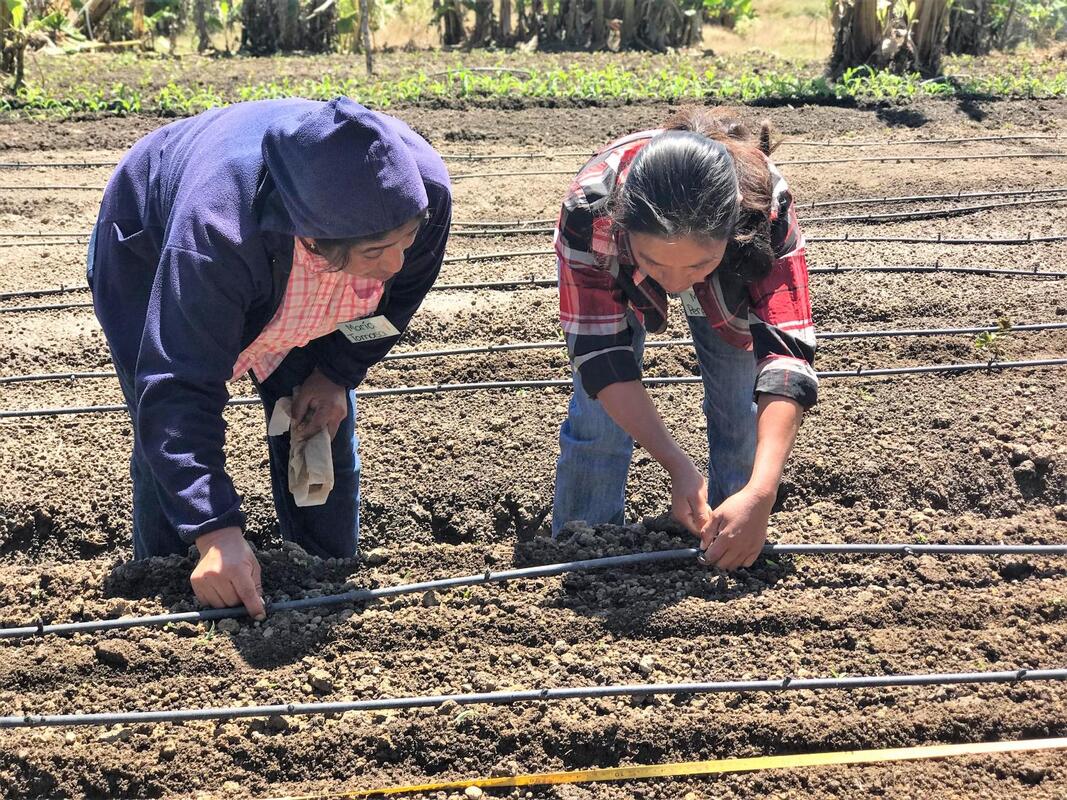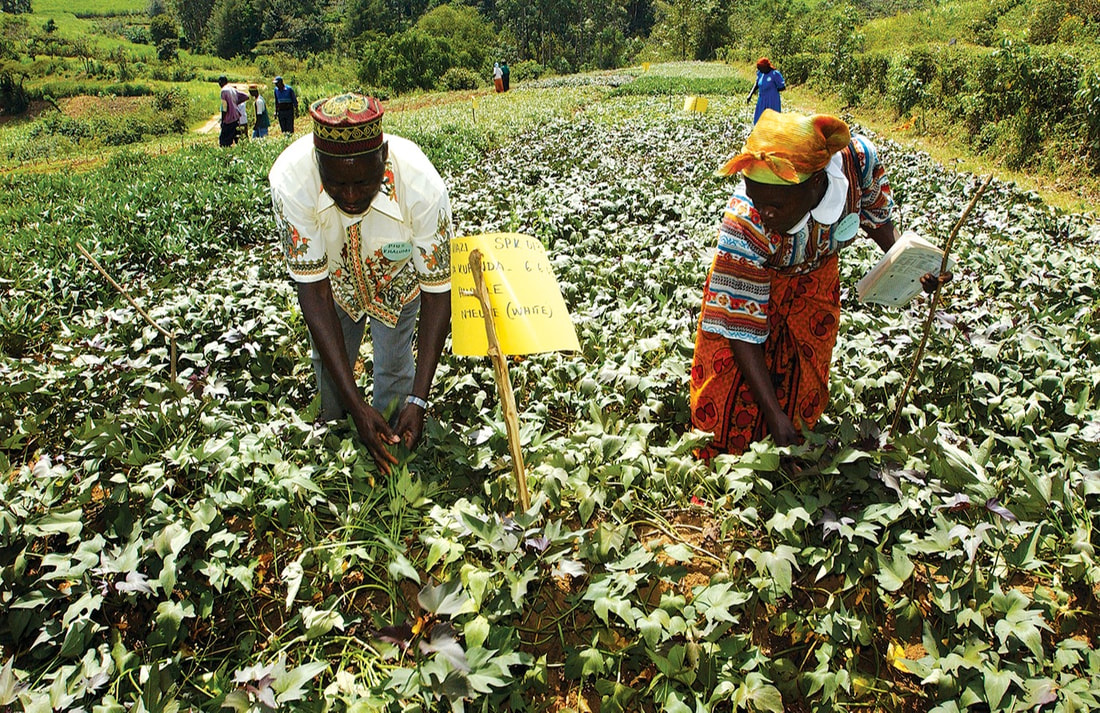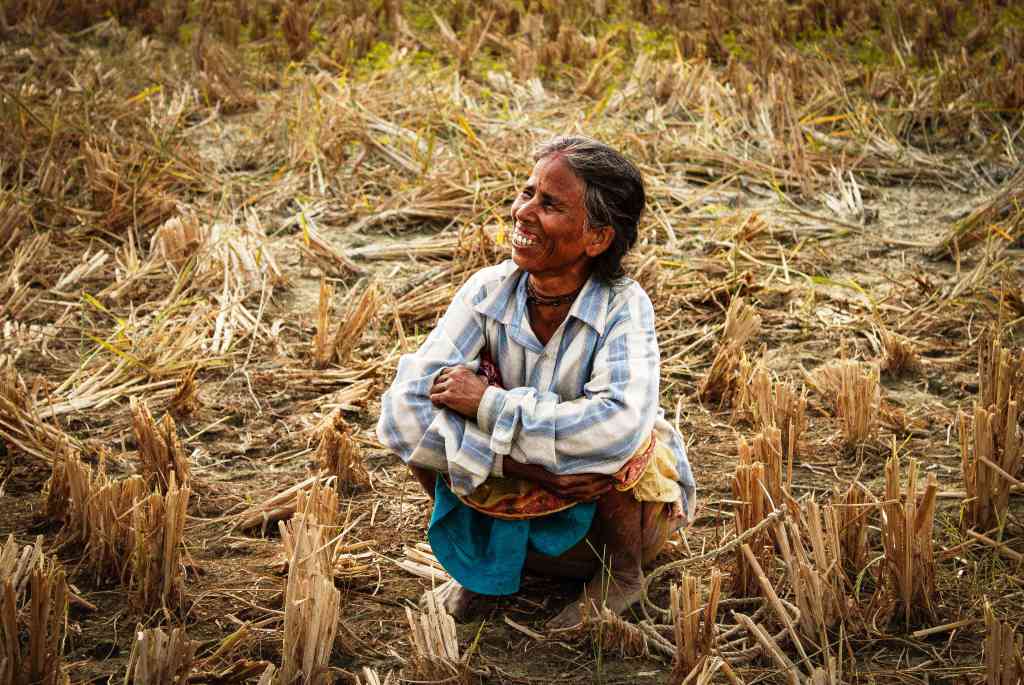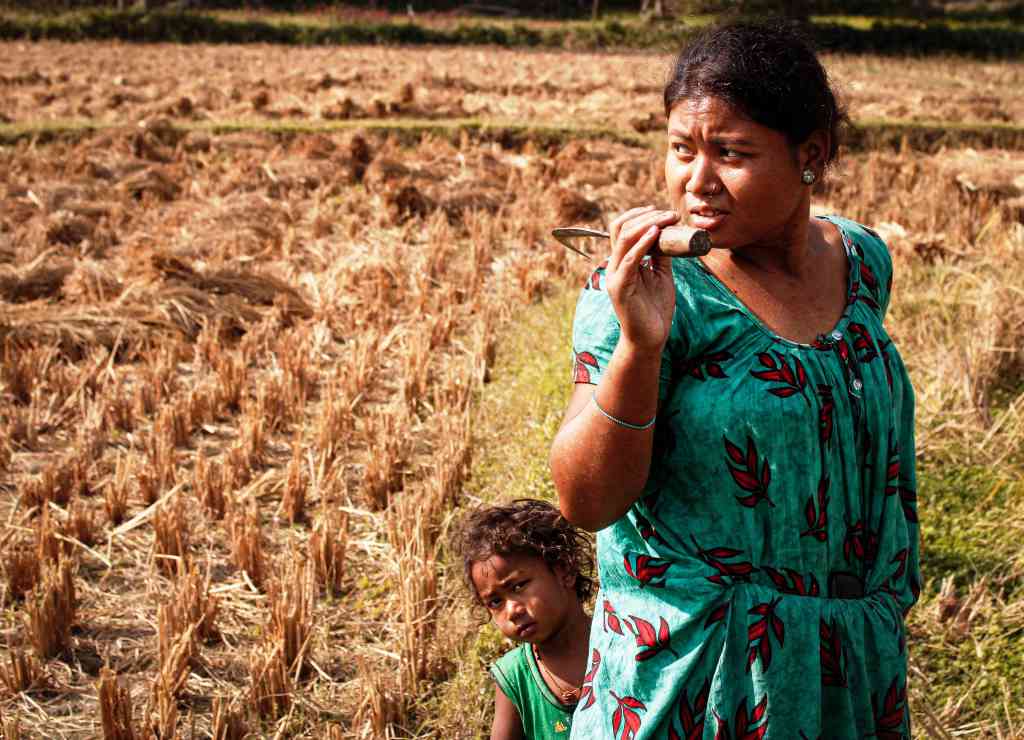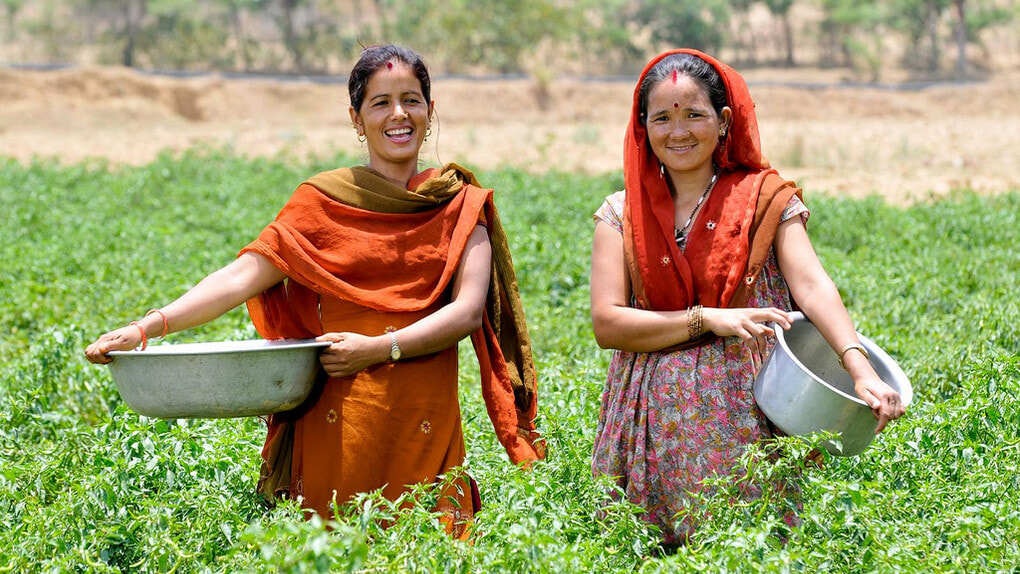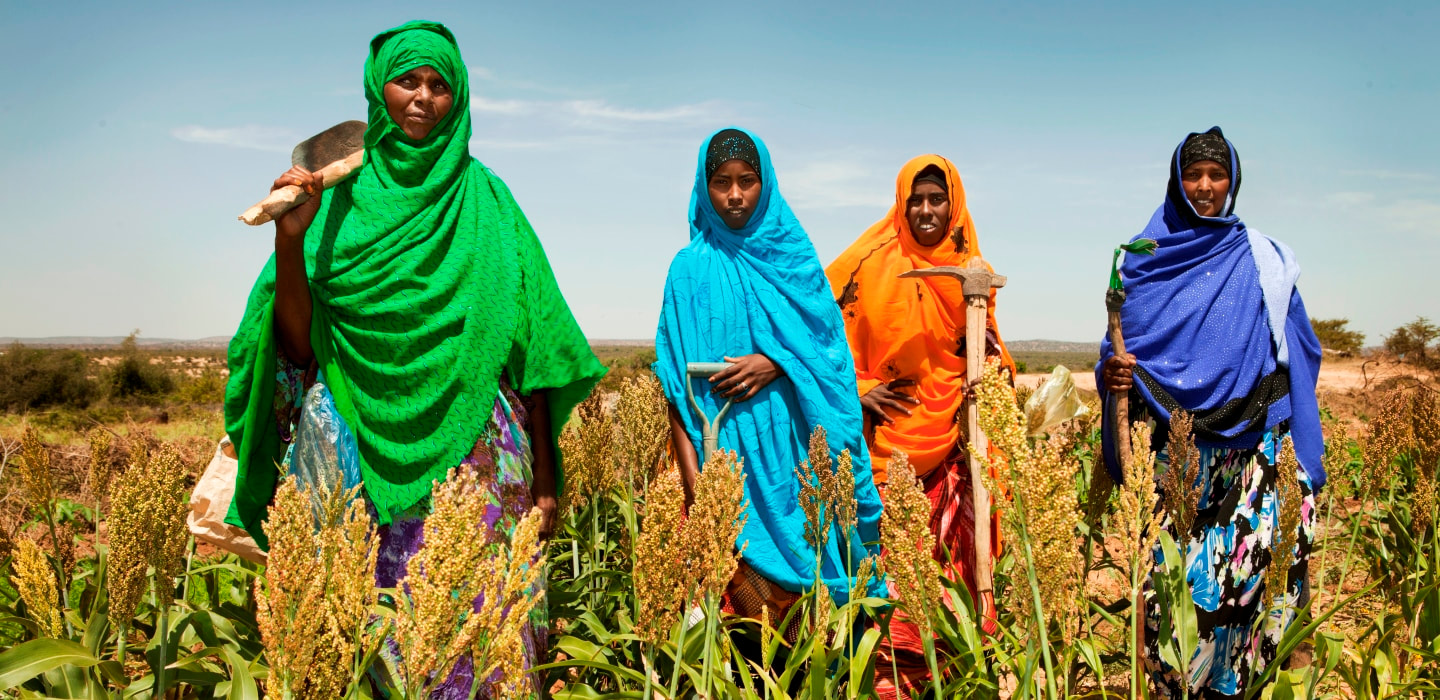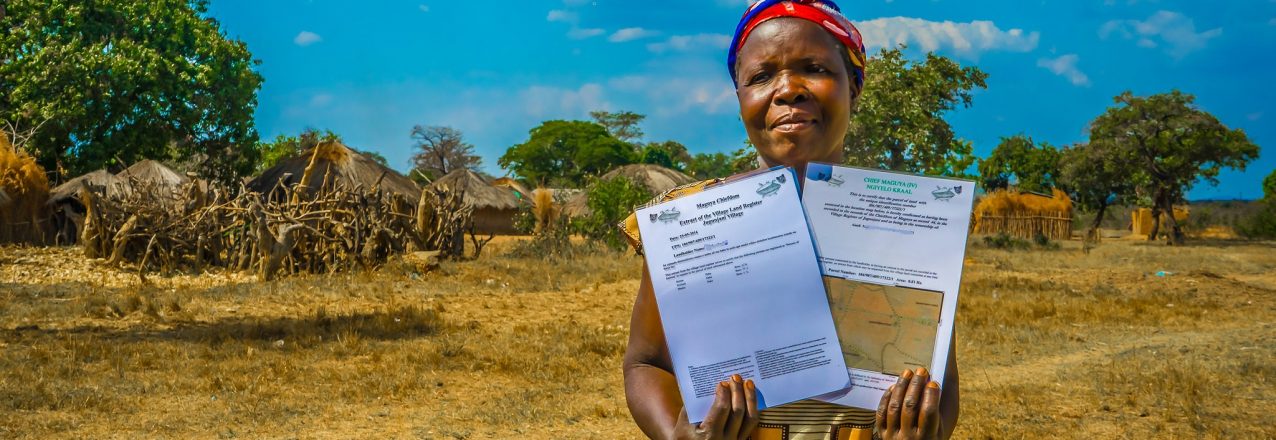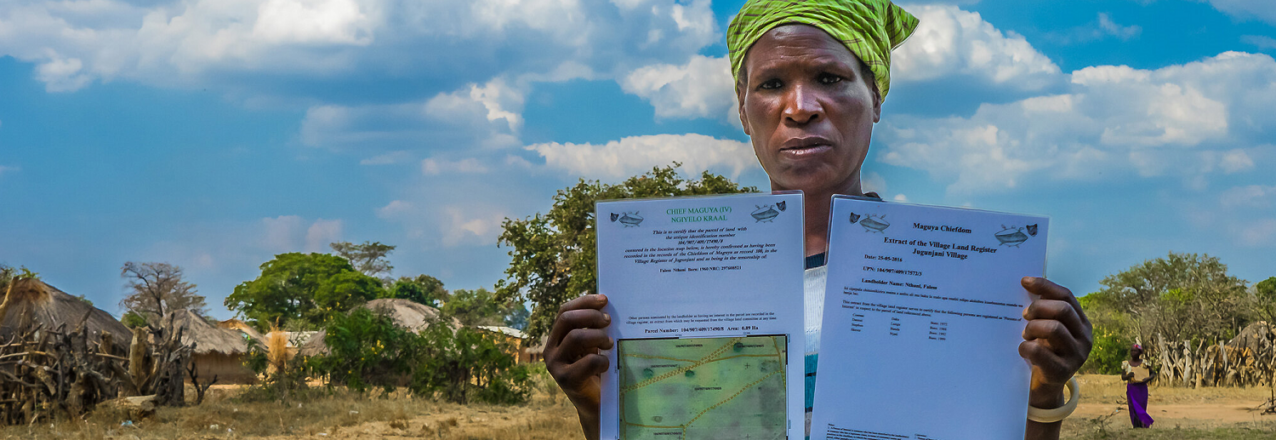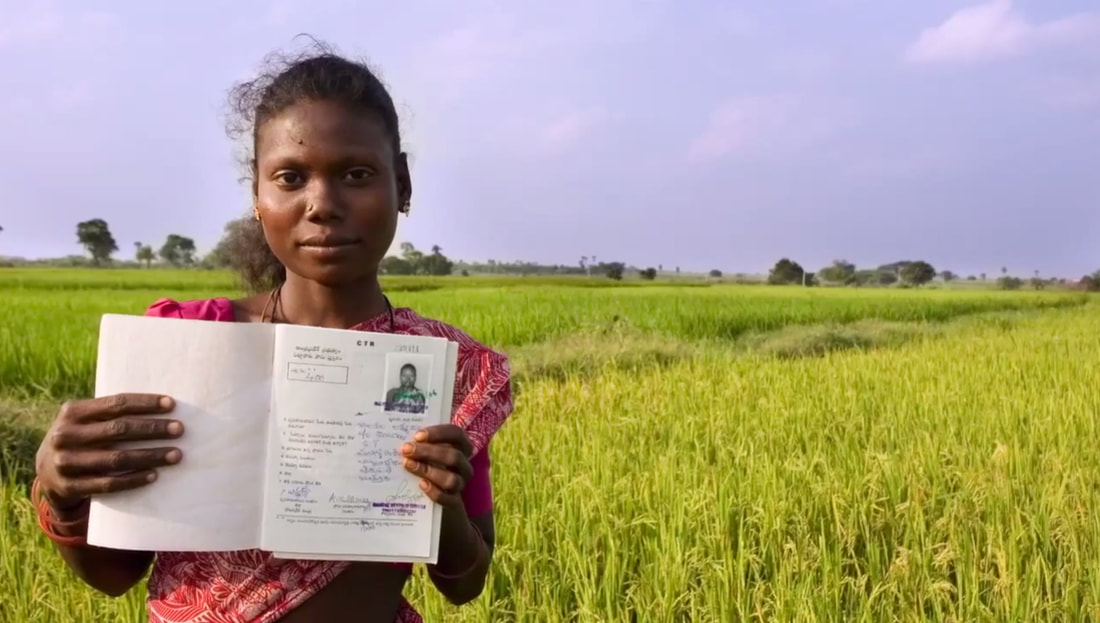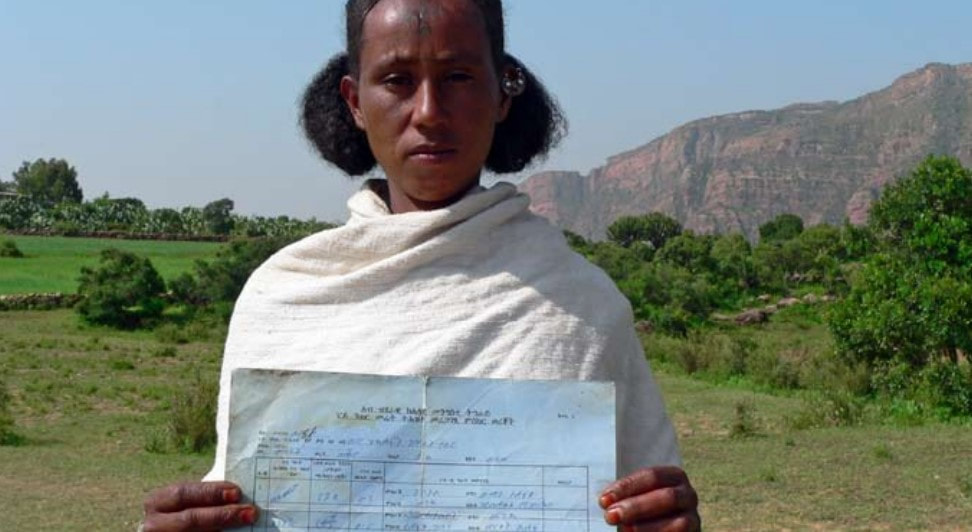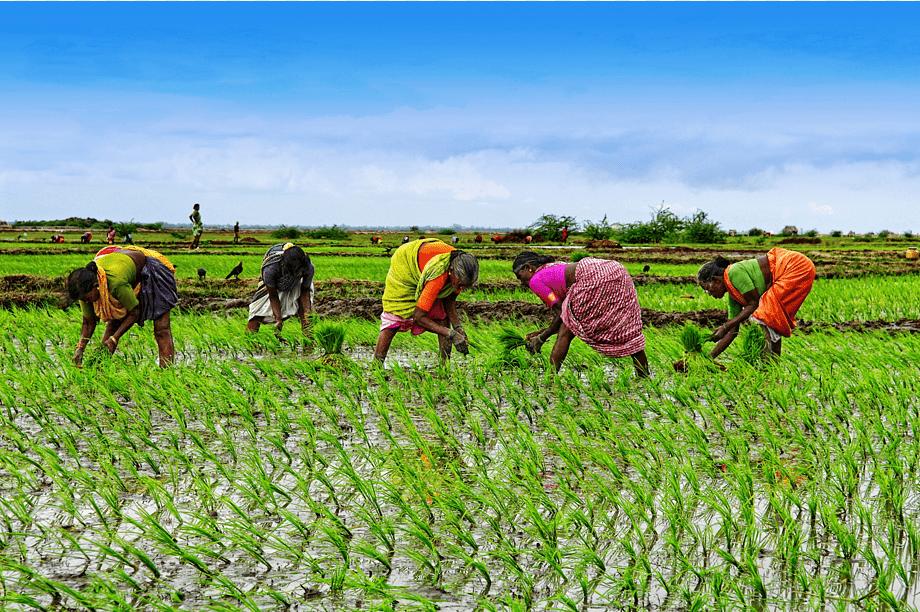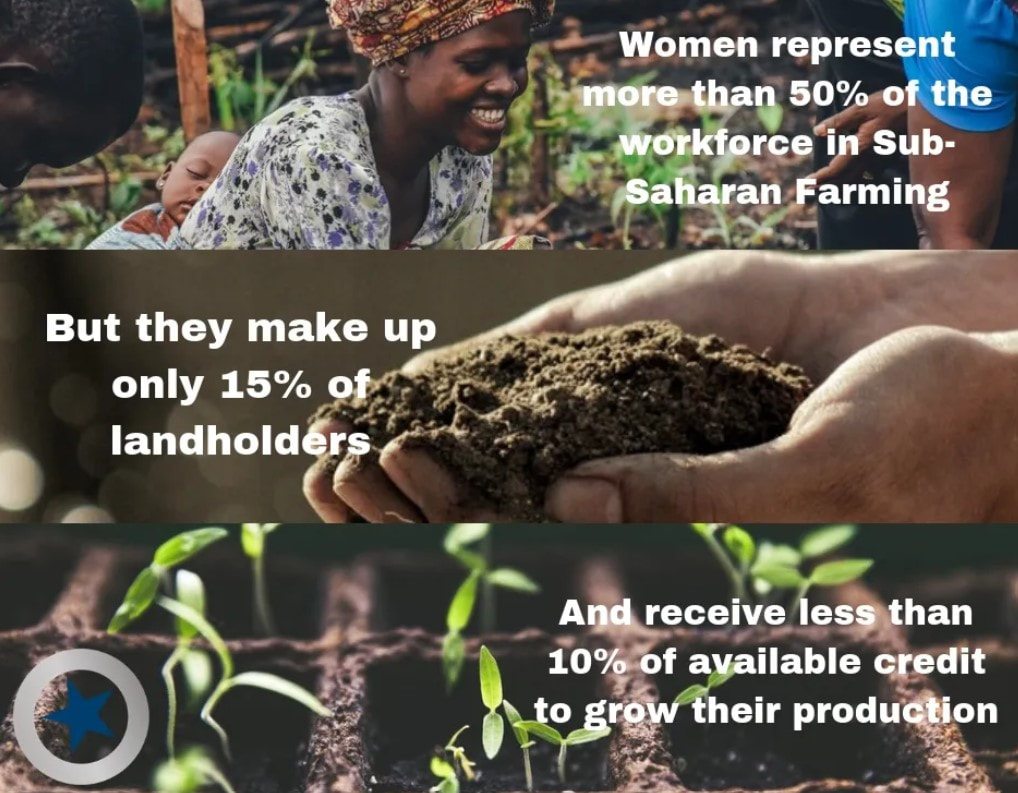22.04.2023
Inequalities Faced By Women In Agriculture Cost the World $1 Trillion
Agriculture and food systems are a significant employer for women globally – and are a more critical source of livelihood for women than for men. However, women face inequalities that constrain their full participation in the sector. They are likely to work under worse conditions than men, taking informal, part-time, labour-intensive and low-skilled jobs at higher rates, and earning 82 cents for every dollar men earn. Addressing inequalities and empowering women would improve their well-being and that of their households. Doing so would also reduce hunger, increase incomes and strengthen resilience. Overall, the world produces around 11bn tonnes of food annually, and about 4 billion people live in households that depend on this sector for their livelihood. Besides having worse working conditions than men, women deal with high demands of unpaid care, as they often also spend time cooking, cleaning and caring for their families, as well as collecting water in rural areas. All of this “contributes to inequalities in labour market participation” and limits “their opportunities for education and employment”. Limited access to essential resources for agrifood systems, such as land tenure, services, finance and digital technology, is another barrier that women face. Women also have less access to improved seeds, fertilisers and farming equipment than men. The number of men who own agricultural lands is twice that of women. Credit: FAO.org
Poverty deprives people of adequate education, health care and of life's most basic necessities- safe living conditions (including clean air and clean drinking water) and an adequate food supply. The developed (industrialized) countries today account for roughly 20 percent of the world's population but control about 80 percent of the world's wealth.
Poverty and pollution seem to operate in a vicious cycle that, so far, has been hard to break. Even in the developed nations, the gap between the rich and the poor is evident in their respective social and environmental conditions.
Poverty and pollution seem to operate in a vicious cycle that, so far, has been hard to break. Even in the developed nations, the gap between the rich and the poor is evident in their respective social and environmental conditions.
